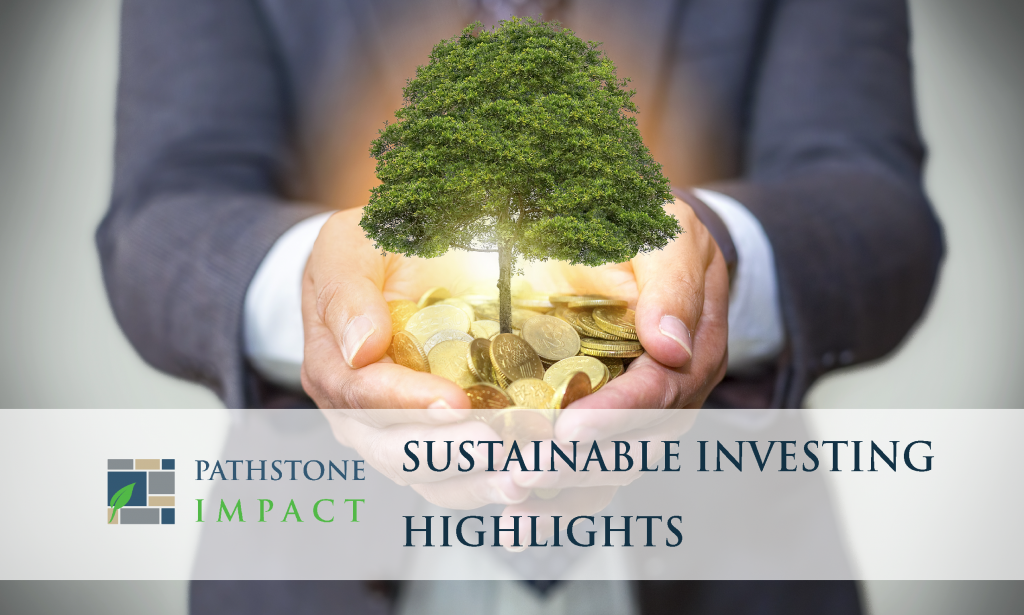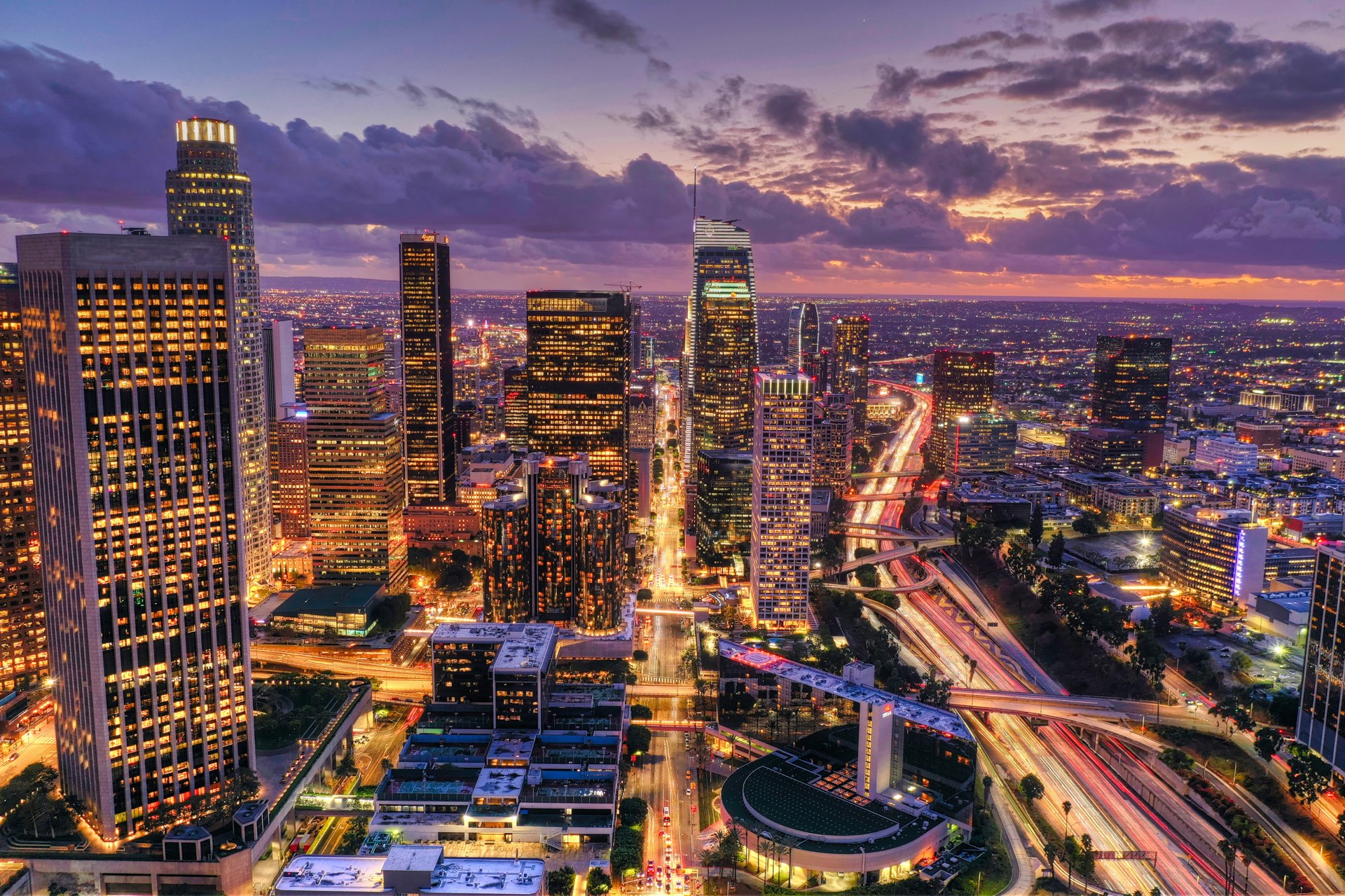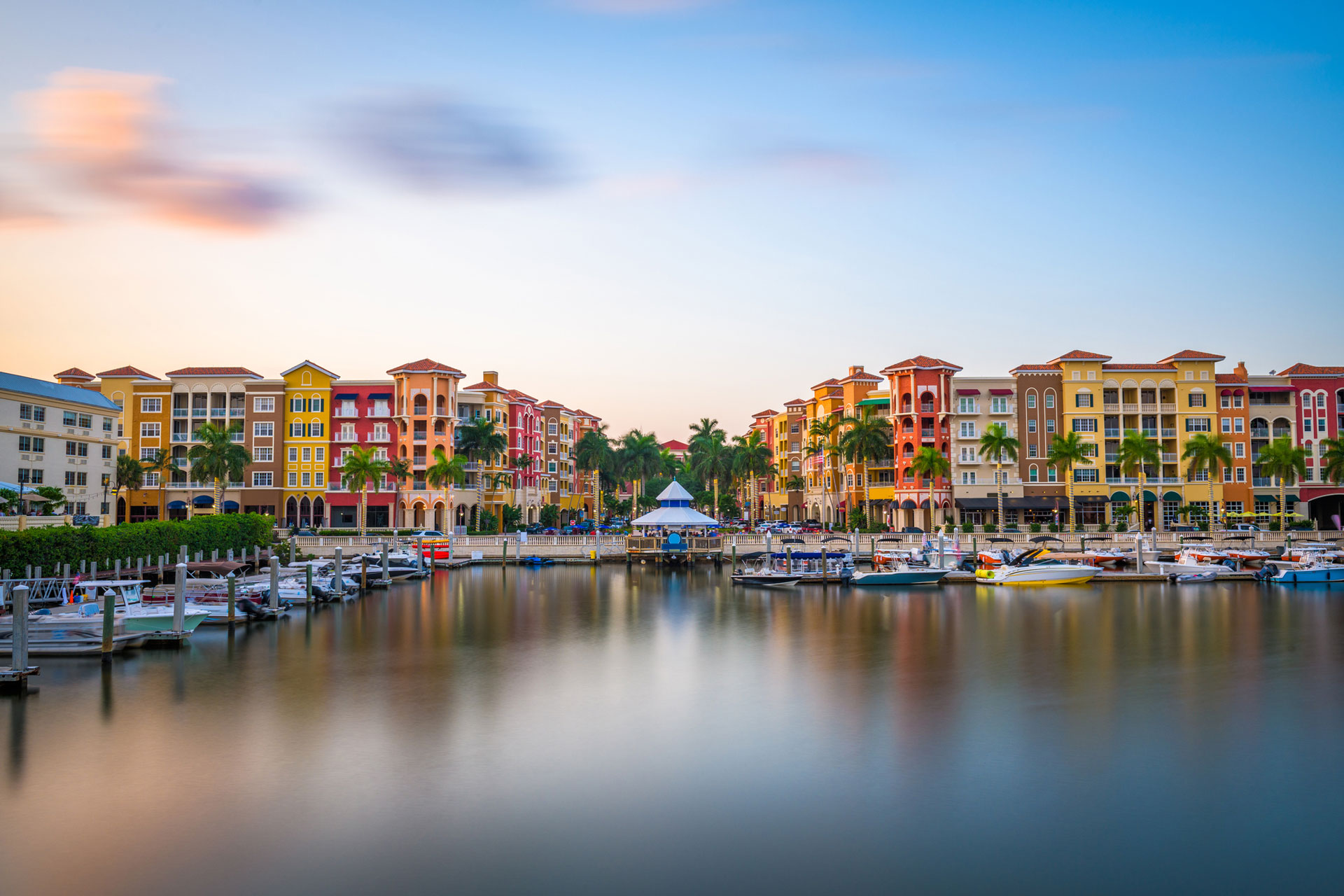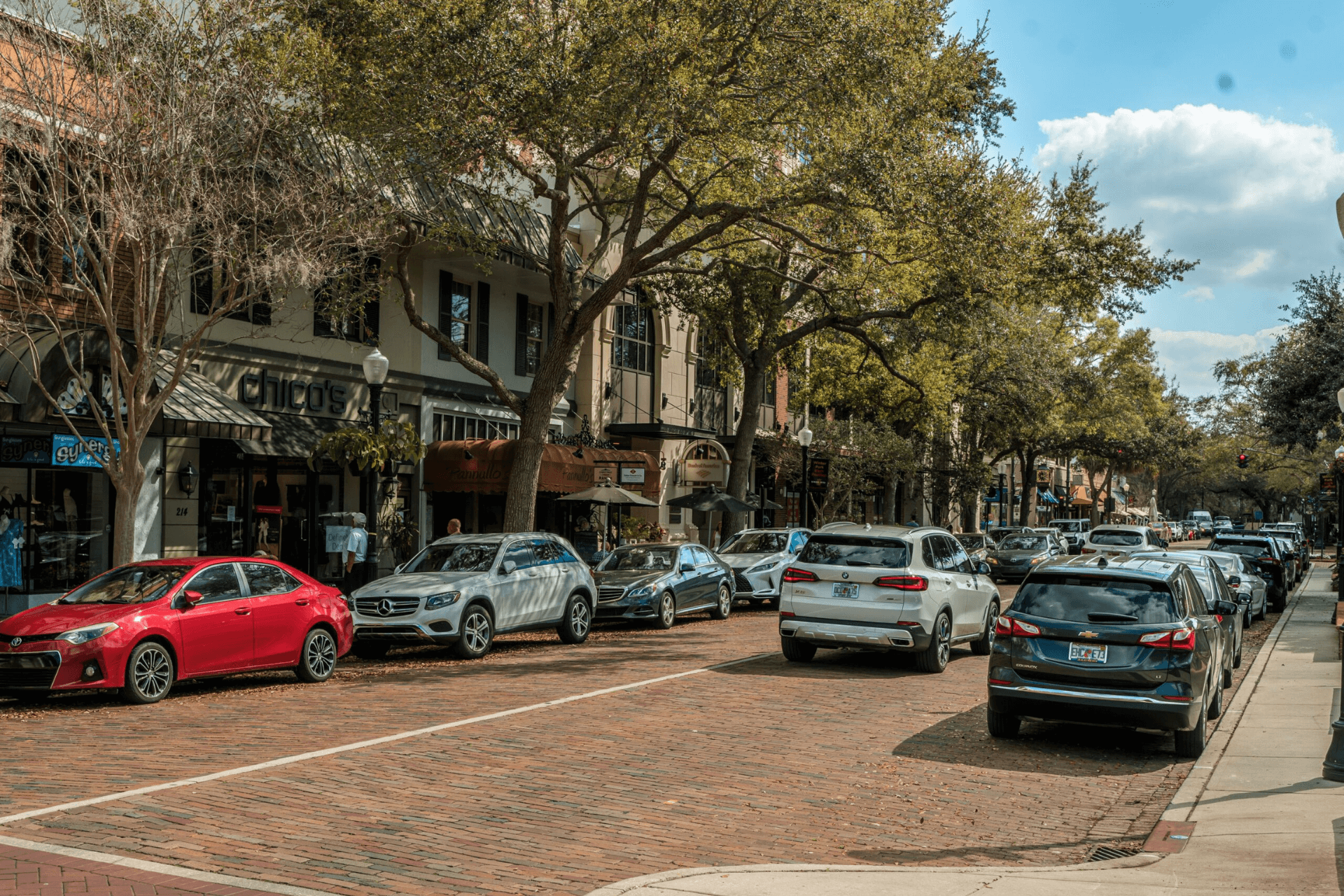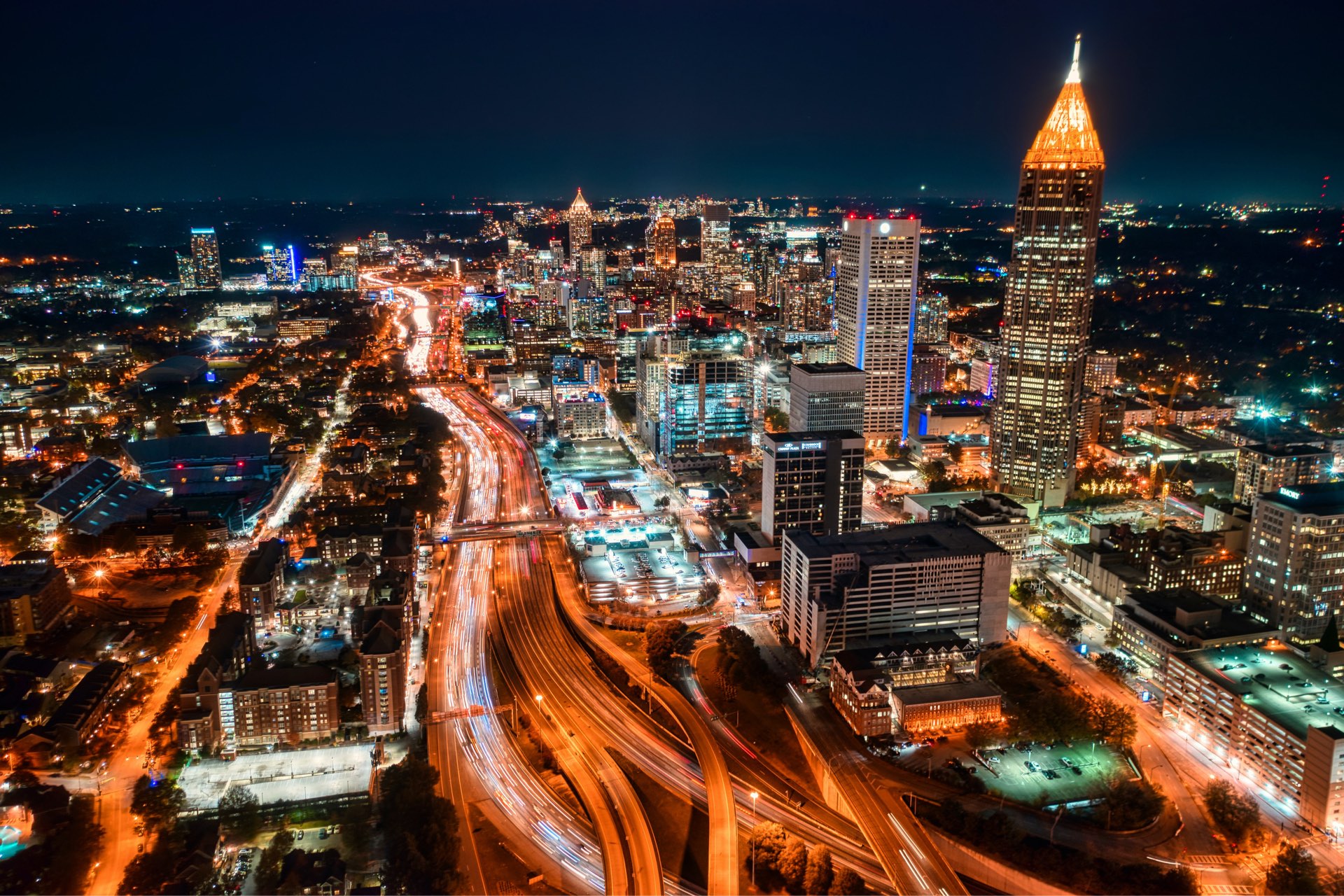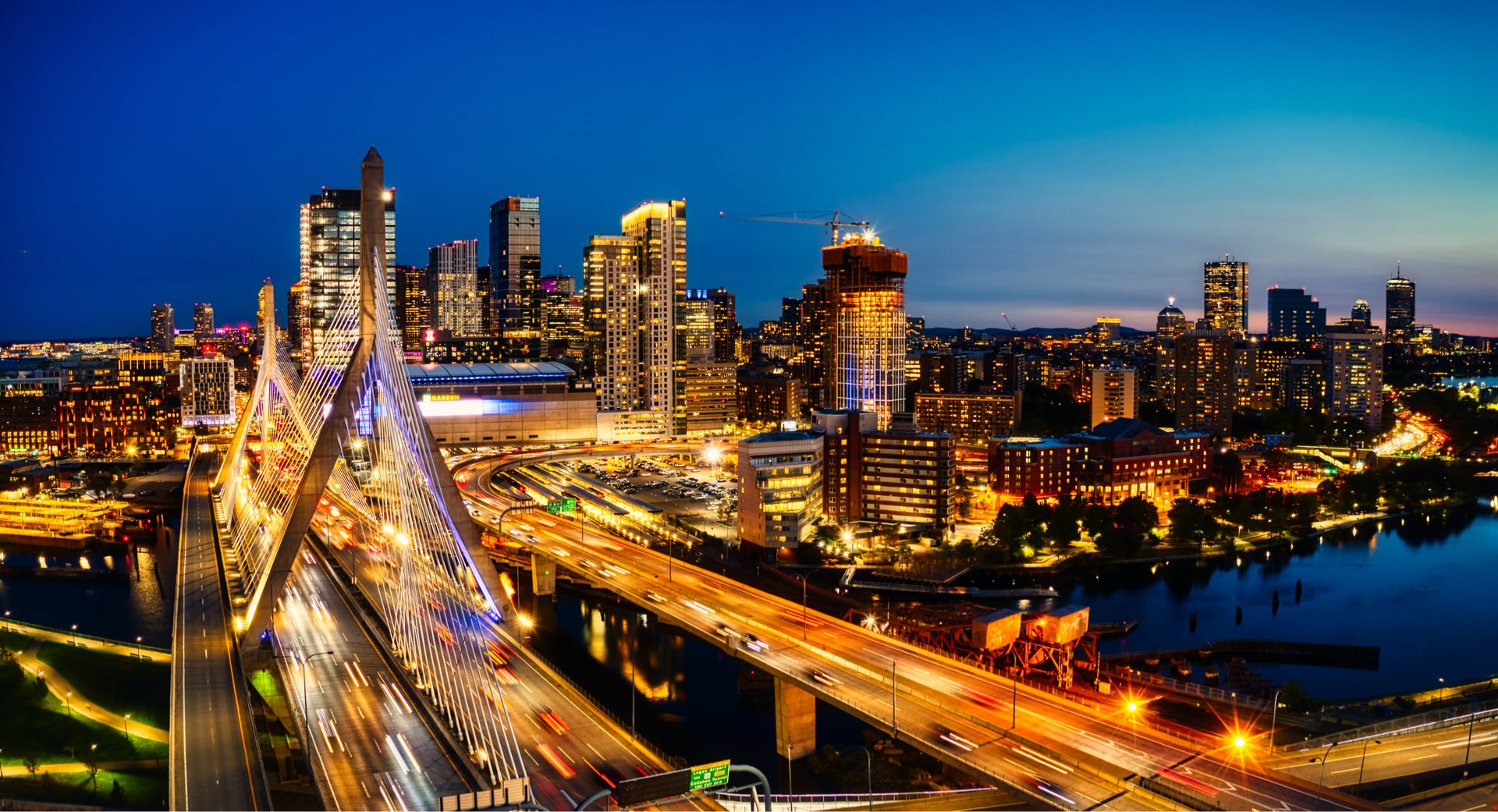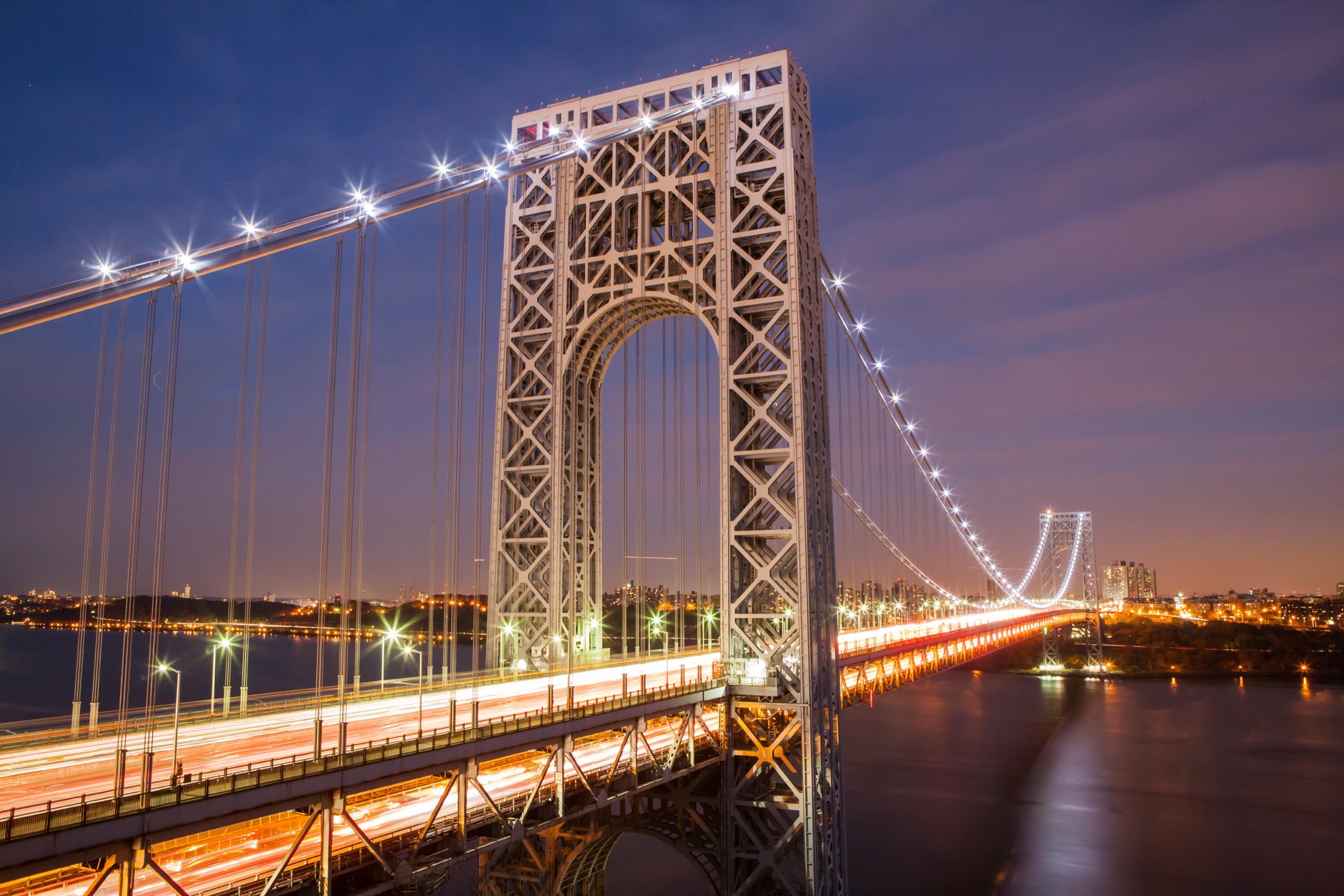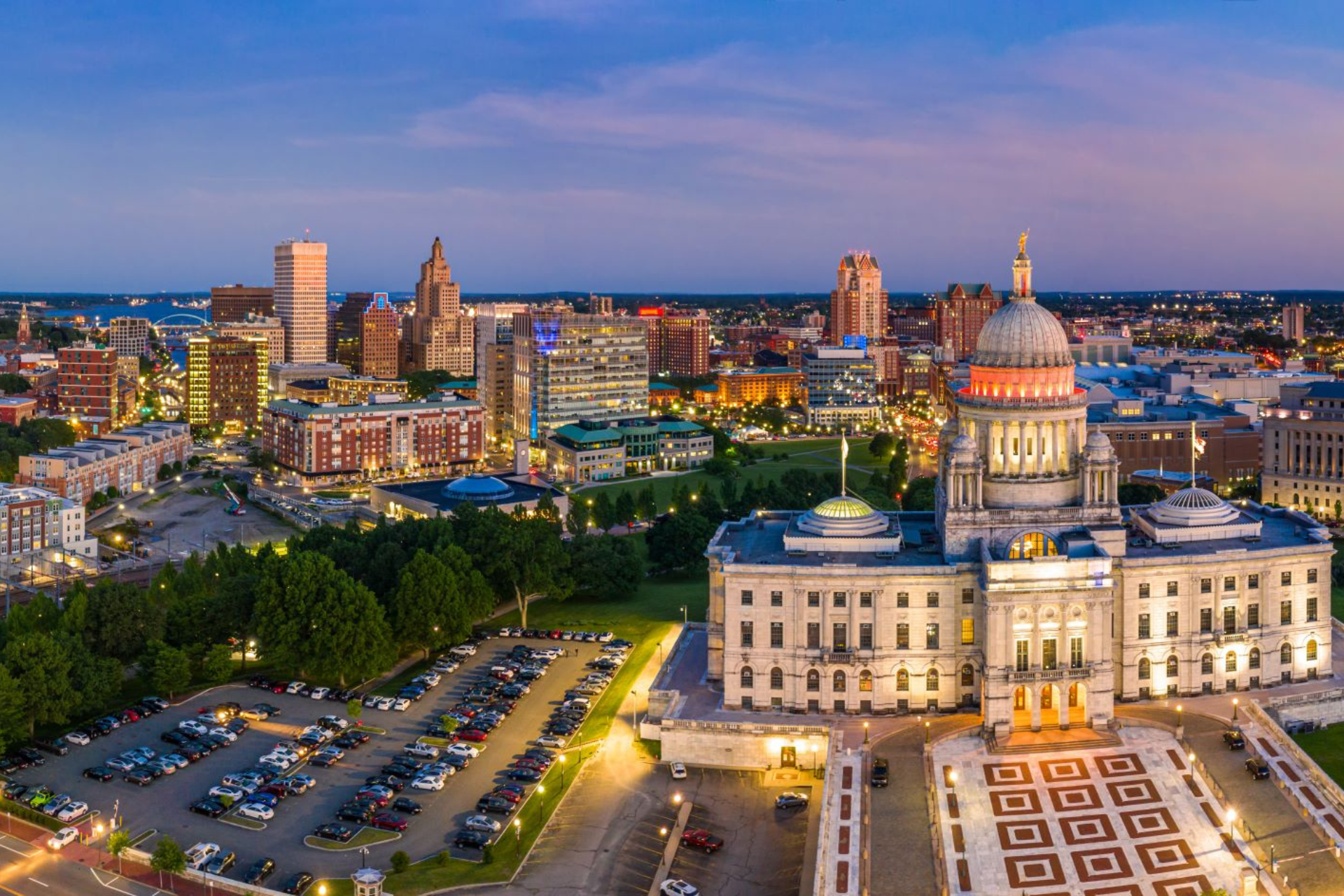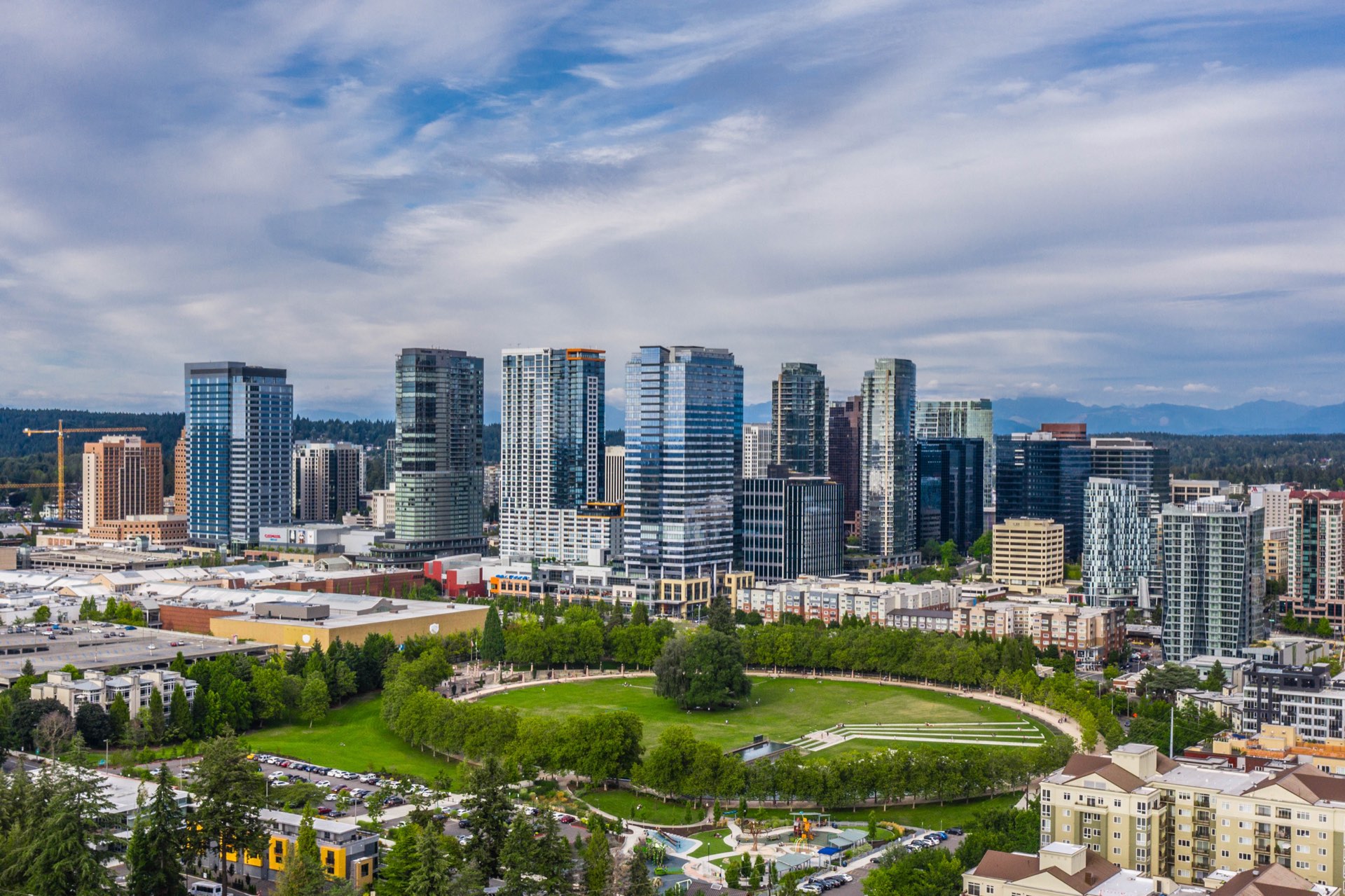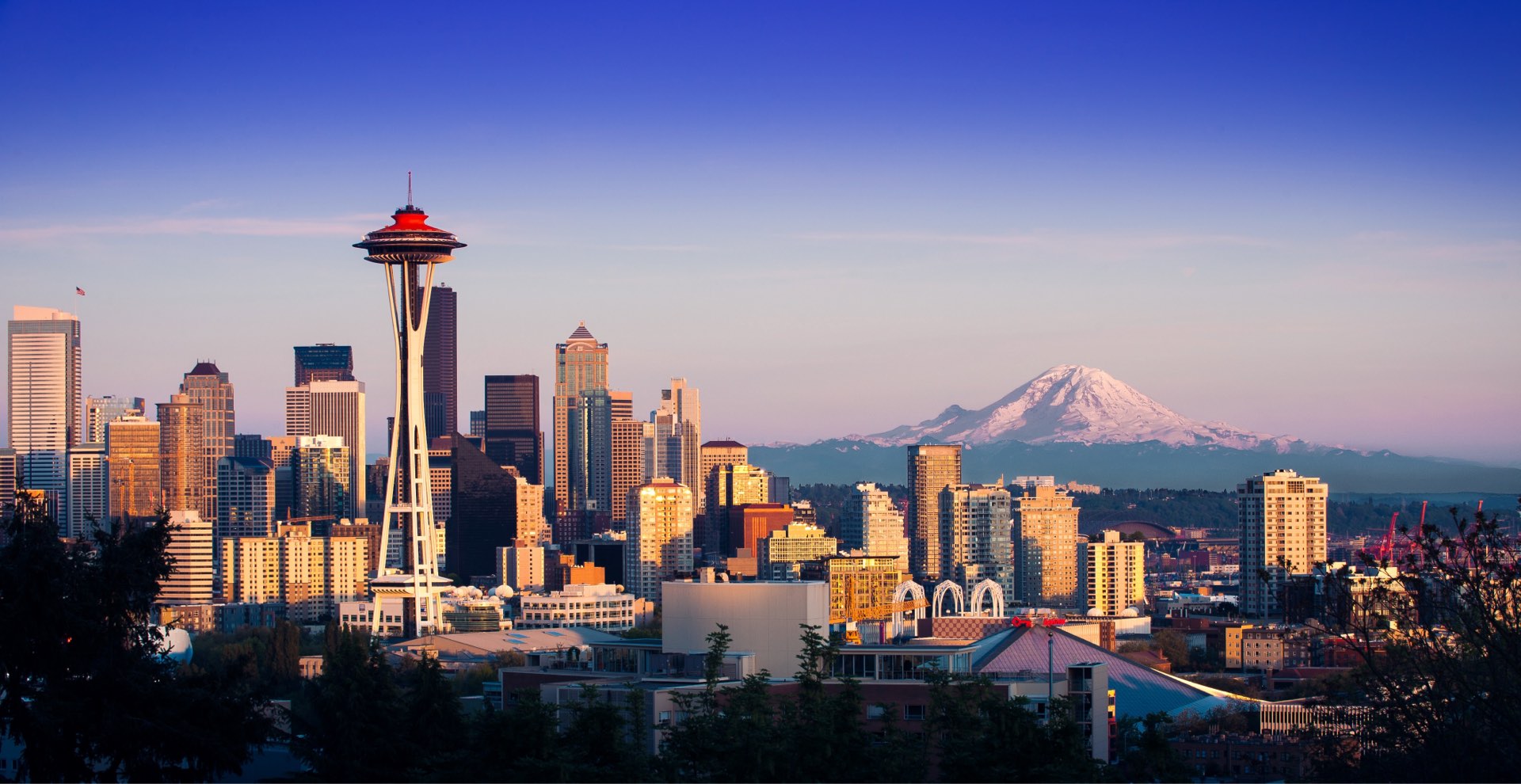ESG Assets Under Management Hit $1 Trillion for the First Time
New data from Morningstar reveals that environmental, social, and governance (“ESG”) assets under management within publicly registered investment vehicles in the U.S. recently hit $1 trillion (USD) for the first time even though the lack of standardized ESG metrics remains a bone of contention. There is a rising demand by investors for ESG-related investment funds in the wake of the lockdown of 2020, and there is increased support of governments around the world for sustainable investments and infrastructure as part of post-2020 lockdown recovery plans.
Despite the challenges posed by the lockdown of 2020, ESG-related funds have garnered a massive inflow of assets as investors’ interest for socially conscious funds continues to grow. In addition, performance of these funds has been strong in recent years. According to S&P Global Market Intelligence, 14 out of 17 funds with more than $250 million in assets under management (“AUM”) reviewed had higher returns than the S&P 500 Index, with growth and technology exposure adding to their results. Outperformers within the 14 funds studied rose between 1.8% and 20.1% for the year-to-date period ending July 31, 2020, compared to the 1.2% return of the S&P 500 over the same period.
A perspective from the Union Bank of Switzerland (“UBS”) suggests the surge in ESG investing may well continue, and investors should consider adding sustainability to their portfolios, given governments’ clear commitments to a green recovery. While the path to a recovery would be sequential and constrained, governments around the world have stepped up their commitments to green projects as part of their post lockdown of 2020 economic recovery plans. UBS’s recent note cites that “political commitment to a green recovery from COVID-19 has been increasing. An analysis in the Wall Street Journal calculated the world’s top 50 economies were putting $583 billion (USD) into boosting green efforts. In July, Christine Lagarde promised to put green objectives at the heart of the European Central Bank’s (ECB) €2.8 trillion asset purchase program.”
The disruption caused by the lockdown of 2020 is another factor that accelerated the ESG funds to a record high as investors look for sustainable business models that could withstand market volatility. For instance, the lockdown of 2020, which coincided with the oil price war, exacerbated market volatility and put tremendous pressure on companies within such areas as energy, hospitality, and travel. Poor performing stocks were extremely volatile, while better-performing stocks exhibited price stability. Meanwhile, as governments and investors continue to show interest in sustainable practices and ESG, a lack of standardized ESG metrics may serve as a counterweight that constrains the advancement of ESG.
Big Banks; BoA, Citigroup, Morgan Stanley, and JP Morgan are Leading the Way on Carbon Disclosure Within Lending
The Bank of America (“BoA”) has joined a growing list of financial institutions, a list that includes Citigroup and Morgan Stanley, that have unveiled their plan on how they will review and monitor how their lending process contributes to climate change. BoA recently signed up with Partnership for Carbon Accounting Financials (“PCAF”), a global body working to harmonize methodologies to assess and disclose the greenhouse emissions associated with loans and investment. In a statement by Anne Finucane, Bank of America Vice Chairman, “ by joining PCAF, we are helping to drive a consistent framework for institutions to measure financed emissions, as well as providing a useful tool in the management of these emissions, which is a critical component when addressing climate change.”
Brian Moynihan, the Chairman and CEO of BoA, while speaking in June on a panel discussion of stakeholder capitalism and ESG disclosure, urged board members of publicly traded companies to move their companies to be carbon neutral. According to Moynihan, “it is crucial for companies to chart out and disclose their path to achieving carbon neutrality […] such a commitment is key to helping companies reevaluate their current operational strategy in order to reduce their environmental footprint,” while citing BoA’s own success in achieving the carbon neutrality target it had adopted in 2016.
On a similar note, Morgan Stanley was the first major U.S. bank to publicly disclose how much its loans and investments are aiding climate change. This action comes as financial regulators in many countries, especially within the European Union, are contemplating whether to require greater disclosure from publicly traded companies about the risks tied to climate change.
This year, after pressure from climate change activists, JP Morgan Chase, a top lender to fossil fuel companies, committed to curbing its loans that finance coal companies. In a statement, JP Morgan would “complete — five years early — a commitment made in 2017 to facilitate $200 billion in financing for projects that meet the United Nations’ sustainable development goals (also known as the “UN SDGs”). The bank said it would include $50 billion for “green initiatives.”
Future of the “E”
Although the COVID-19 pandemic has brought major economic disruptions across the globe, it has also forced companies and other organizations to make aggressive progress on their environmental practices. Almost all industries, including food, oil and gas, and technology, have turned within and made changes that are more environmentally sustainable.
Oil & Gas: As economies around the world come to a halt with the spread of Coronavirus, demand for oil was crippled. Major players in the oil industry, especially those in Europe, admitted that it no longer makes sense financially for them to drill for new oil reserves in many areas that had appeared economically viable a short while ago . While BP Plc has scaled back its exploration plans, Premier Oil Plc suspended operations on a world-class resource project near the Falkland Islands . The uncertainty and volatility in the price of oil brought on by the Coronavirus economic slowdown has only accelerated European oil companies’ move away from carbon-intensive resources . European regulators and investors have been pushing for more aggressive adoption of initiatives focused on environmental sustainability, and many oil companies based in Europe had already started to position themselves for a cleaner and more sustainable future . Most of the large European oil companies have made the aggressive commitment to reach carbon neutral by 2050, while their American counterparts remained conservative .
Food: The closing of restaurants this year because of the pandemic has created a large surplus in fresh produce and catalyzed a large increase in food waste, a scourge that contributes more than 6% of global greenhouse gas emissions . Full Harvest, a San Francisco-based startup that normally focuses on finding buyers for imperfect food, now matches farms with large food distributors . The working relationships that have been established during the pandemic are expected to last, making the food supply chain more flexible and reduce landfill activities associated with food waste. Pathstone recently hosted a webinar that focused on this and other important topics within the food industry, with panelists from Community Servings, Lovin’ Spoonfuls, and Codify.
Technology: Companies within the technology industry continue to demonstrate leadership in addressing climate change and environmental concerns. In late July, Apple released its concrete plan to become carbon-neutral across its entire business by 2030. Since their emission peak in 2015, Apple has already reduced their emissions by 35%. The company plans to reduce its remaining carbon emissions by 75% by promoting low-carbon product design, expanding energy efficiency, continuing renewable energy use, and improving process and materials. The other 25% of Apple’s carbon emissions will be offset by their carbon removal projects. Apple’s ambitious plan is not only important for the company itself, it is also important since it serves as a roadmap for other companies and industries to follow as they strive to reduce their own carbon emissions.
Covid-19 is Hitting less Wealthy Communities Harder, Including many Families of People of Color
The COVID-19 health crisis highlights inequalities within employment, education, and health care. The health crisis is adversely impacting less-wealthy families more severely than those that have a financial safety net in place. With less average wealth and a greater likelihood of employment as a frontline worker, families of people of color, such as those within black, Latino, and indigenous communities, are adversely impacted in disproportionate numbers.
A lack of a quality education and the absence of employment that pays a decent living wage can combine to perpetuate unequal socioeconomic conditions. Fewer people of color have completed a postsecondary education, which more often than not will limit their employment opportunity to lower income jobs, translating into less emergency savings and less home ownership. During this COVID-19 health crisis 44% of Black households have reported deferring rent or expressed concern as to whether they can make rent, whereas only 24% of white respondents reported the same. Blacks continue to face racial discrimination in the labor market, as white-sounding names receive 50% more callbacks for interviews than African American sounding names. This biases further reducing their opportunities within the work force in a time of record-high unemployment rates.
Black households are more likely to have single parents, most often single mothers. Black women are overrepresented in the front-line workforce, a combination that forces many Black single mothers to balance their work away from home and their child’s remote learning schedule. Technology required for remote learning raises another financial concern, as less wealthy households may not have internet and/or video conference access. Furthermore, single Black mothers are often less able to afford caretakers for their children, who would otherwise be in school or after-school programs.
Many Black business owners have been forced to close doors as their communities have disproportionately higher cases, resulting in greater income loss. During this COVID-19 health crisis, 57% of black households reported income loss, compared to 45% of white respondents. Black business owners have also had a more difficult time accessing stimulus offerings, as evidenced the fact that roughly 95% of Black-owned businesses did not receive first Paycheck Protection Programs loans, in part because they have fewer relationships with banks.
A disproportionately higher level of COVID-19 deaths among minorities may in part be attributed to pre-existing health conditions brought on by low income, a lack of wellness education, a lack of adequate health insurance, and substandard healthcare services by hospitals and providers. Access to quality food is also important, as food deserts in many urban settings may result in higher obesity rates, which can lead to diabetes, heart disease, cancer, and lung problems; all of which pose greater risks for COVID-19. There is often increased exposure to COVID-19 within urban settings, which may have a larger portion of front-line workers, with residents living together in in close quarters in older buildings that often lack suitable heating and ventilation systems.
Black neighborhoods are often exposed to greater air pollution, as they live closer to fossil fuel infrastructure than the rest of the population. Harvard researchers found even the smallest increase of common air pollutant is associated with a 15% increase in the death rate from COVID-19. Those who rely on public transportation for commuting and groceries also have a greater chance of contracting the virus. And finally, some households may not be able to afford preventative products like disposable masks and disinfectants.
Business and government leaders are under pressure to address income, education, and health care gaps for minorities. While a new stimulus package is in negotiation, The Hamilton Project, launched in 2006, has shifted focus to COVID-19 relief through its evidence-based policy proposals and analyses to promote broad-based economic growth. Guided by an Advisory Council of academics, business leaders, and former public policy makers, The Hamilton Project assists policymakers in promoting the nation’s economic health. Extensive evidence-backed research supports the Project’s strategy papers, events, and data visualization to remove bias from economic growth and reform strategies.
On a global scale, United Nations Secretary General, Antonio Guterres, proposed a New Social Contract in his speech at UN on July 18th, Nelson Mandela International Day. Guterres suggested:
The response to the pandemic, and to the widespread discontent that preceded it, must be based on a New Social Contract and a New Global Deal that create equal opportunities for all and respect the rights and freedoms of all. This is the only way that we will meet the goals of the 2030 Agenda for Sustainable Development, the Paris Agreement and the Addis Ababa Action Agenda – agreements that address precisely the failures that are being exposed and exploited by the pandemic.
As part of the New Social Contract, governments must prioritize equal education access. Education spending must be more than doubled by 2030 in low and middle-income countries to achieve this.
Following the equal education initiative, governments must also invest in digital literacy and infrastructure. The Roadmap for Digital Cooperation, launched at the UN in June 2020, promotes an inclusive sustainable digital future by connecting the remaining four billion people to the internet by 2030. Giga, also launched by the UN, aims to give every school in the world online access.
The long-term effects of COVID-19 are unknown, but the adverse impact is hitting the most vulnerable populations the hardest. As world leaders work to alleviate issues caused by inequality, and take strides in creating equal opportunity, many communities are benefiting from grassroots efforts at the local level to do the same.


